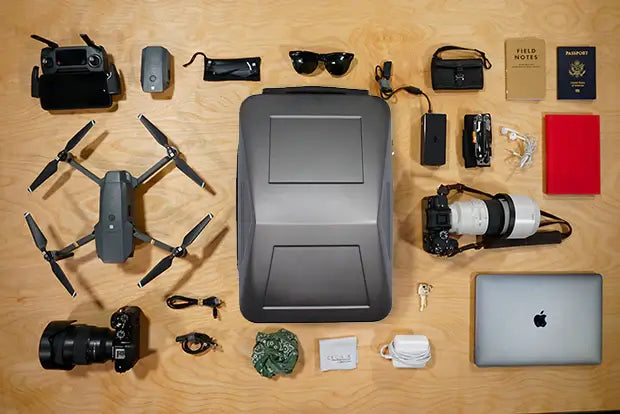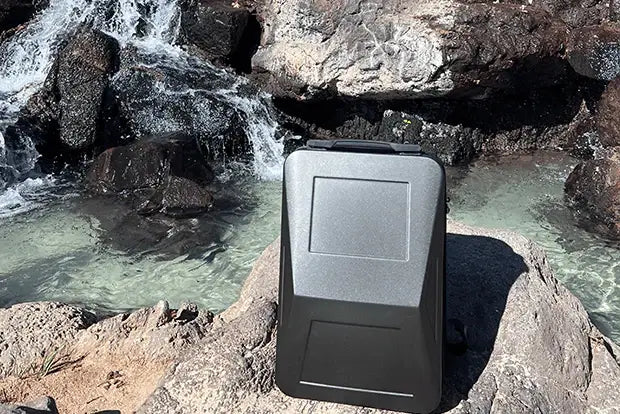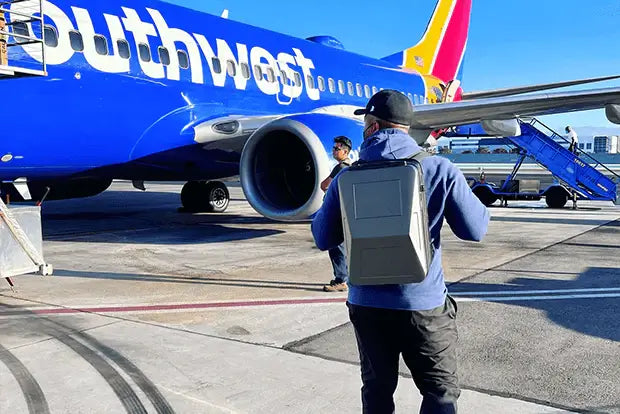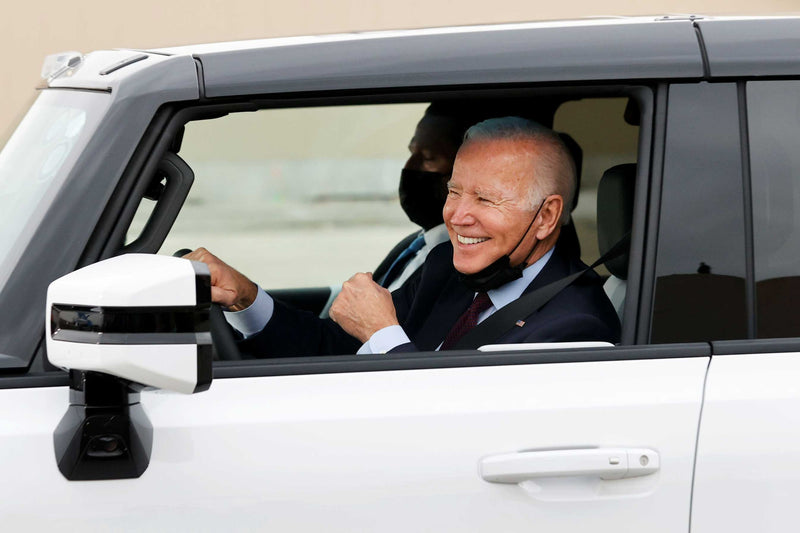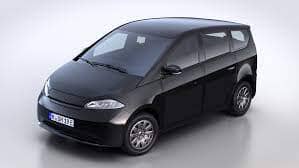After months of intense negotiation, the US House of Representatives passed a $1.2 trillion. It was a mixed bag for electric vehicles. Notably, the legislation could not carry through the Build Back Better Act, which would have increased the federal EV tax credit to $12,500, an increment of $5,000.
The restructuring of the current federal tax credit incentive for EVs was one of the earliest terms of the proposed bill. Originally, the incentive returned up to $7,500 to US consumers who bought EVs. Part of the condition was the manufacturer must not have sold more than 200,000 electric vehicles in the US. Tesla and GM, for example, have outgrown the program, but it is still available to other EV makers.
Congress passed the bill after countless revisions and negotiations, with the $12,500 incentive intact. However, it could not survive at the US House of Representatives.
The total amount passed is more than $1 trillion less than President Joe Biden's proposed $2.25 trillion outlined in March. However, even with the $12,500 EV tax credit loss, it contained some goodies for electric vehicles.
For example, the federal government will spend $7.5 billion on electric vehicles and building out charging infrastructure for EVs over the next eight years. It also includes the provision for $2.5 billion to be spent on zero-emission buses and another $2.5 billion for low-emission buses.
While not exclusively for electric vehicles, the bill earmarks $110 billion for rehabilitating roads, bridges, and other infrastructure across the country. Amtrak will get $66 billion to spend on repairing and expanding its lines.
Separately, $65 billion will add more clean and renewable energy sources to the US energy mix.
However, the $12,500 tax credit is not dead yet as it could still be passed before November 15th. Nevertheless, the conditions for the credit have been controversial, as they exclude some EV makers.
For example, Toyota and Volkswagen won't qualify because they don't use unionized workforces. The Japanese automaker has even embarked on an ad campaign opposing the tax credit. Tesla would miss out for the same reason, although it would again qualify for the basic $7,500 package.
Commenting on the bill, President Biden said called it "a once-in-generation bipartisan infrastructure bill that will create millions of jobs, turn the climate crisis into an opportunity, and put us on a path to win the economic competition for the 21st Century."







